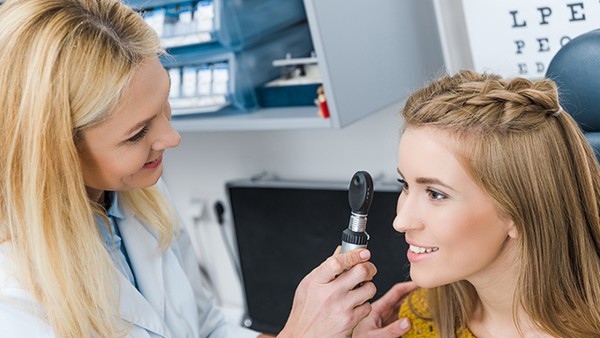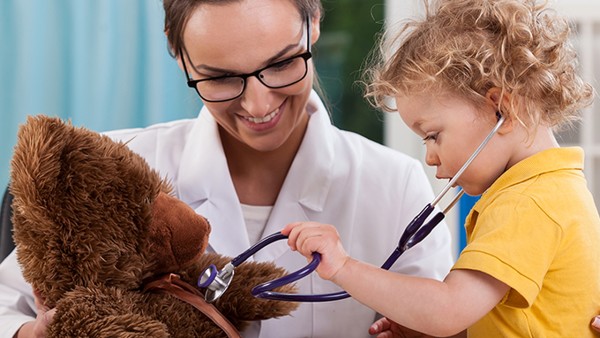Dangers of Allergic Rhinitis in Children

Allergic rhinitis, also known as hay fever, is a common condition that affects millions of children in the United States. It is caused by an allergic reaction to airborne allergens, such as pollen, dust mites, and pet dander. Symptoms of allergic rhinitis can include sneezing, a runny nose, itchy eyes, and congestion.
While allergic rhinitis is not a life-threatening condition, it can have a significant impact on a child's quality of life. It can interfere with sleep, schoolwork, and social activities. In some cases, it can also lead to more serious health problems, such as asthma and sinus infections.
Complications of Allergic Rhinitis in Children
Asthma
Allergic rhinitis is a major risk factor for asthma, a chronic lung condition that can cause wheezing, coughing, and shortness of breath. In fact, up to 80% of children with asthma also have allergic rhinitis.
Sinus Infections
Allergic rhinitis can also lead to sinus infections, which are infections of the sinuses, the air-filled cavities in the skull. Sinus infections can cause pain, pressure, and congestion. They can also lead to fever, chills, and fatigue.
Other Health Problems
Allergic rhinitis can also increase a child's risk of developing other health problems, such as:
Ear infections
Eye infections
Skin infections
Headaches
Fatigue
Difficulty concentrating
Diagnosis of Allergic Rhinitis in Children
Allergic rhinitis is diagnosed based on a child's symptoms and a physical examination. The doctor may also order allergy tests to identify the specific allergens that are triggering the child's symptoms.
Treatment of Allergic Rhinitis in Children
There are a number of different treatments available for allergic rhinitis in children. These treatments include:
Medications: Medications can be used to relieve the symptoms of allergic rhinitis. These medications include antihistamines, decongestants, and nasal corticosteroids.
Immunotherapy: Immunotherapy is a treatment that involves exposing a child to small amounts of the allergens that trigger their symptoms. Over time, this helps the child's body to build up immunity to the allergens and reduce their symptoms.
Lifestyle changes: There are a number of lifestyle changes that can be made to help reduce a child's exposure to allergens and relieve their symptoms. These changes include:
Avoiding contact with allergens, such as pollen, dust mites, and pet dander
Using a humidifier to add moisture to the air
Washing bedding in hot water
Using a vacuum cleaner with a HEPA filter
Getting regular exercise
Eating a healthy diet
Prevention of Allergic Rhinitis in Children
There is no sure way to prevent allergic rhinitis in children. However, there are a number of things that can be done to reduce a child's risk of developing the condition. These things include:
Breastfeeding for at least six months
Avoiding exposure to smoke
Keeping the home clean and free of dust and pet dander
Using a humidifier to add moisture to the air
Getting regular exercise
Eating a healthy diet
Allergic Rhinitis in Children: A Serious Condition
Allergic rhinitis is a serious condition that can have a significant impact on a child's quality of life. It is important to be aware of the dangers of allergic rhinitis and to seek treatment if your child is experiencing symptoms. There are a number of different treatments available that can help to relieve your child's symptoms and improve their quality of life.
The above is all the content that the editor wants to share with you. I sincerely hope that these contents can bring some help to your life and health, and I also wish that your life will be happier and happier.
Topic: #allergic #of #dangers












